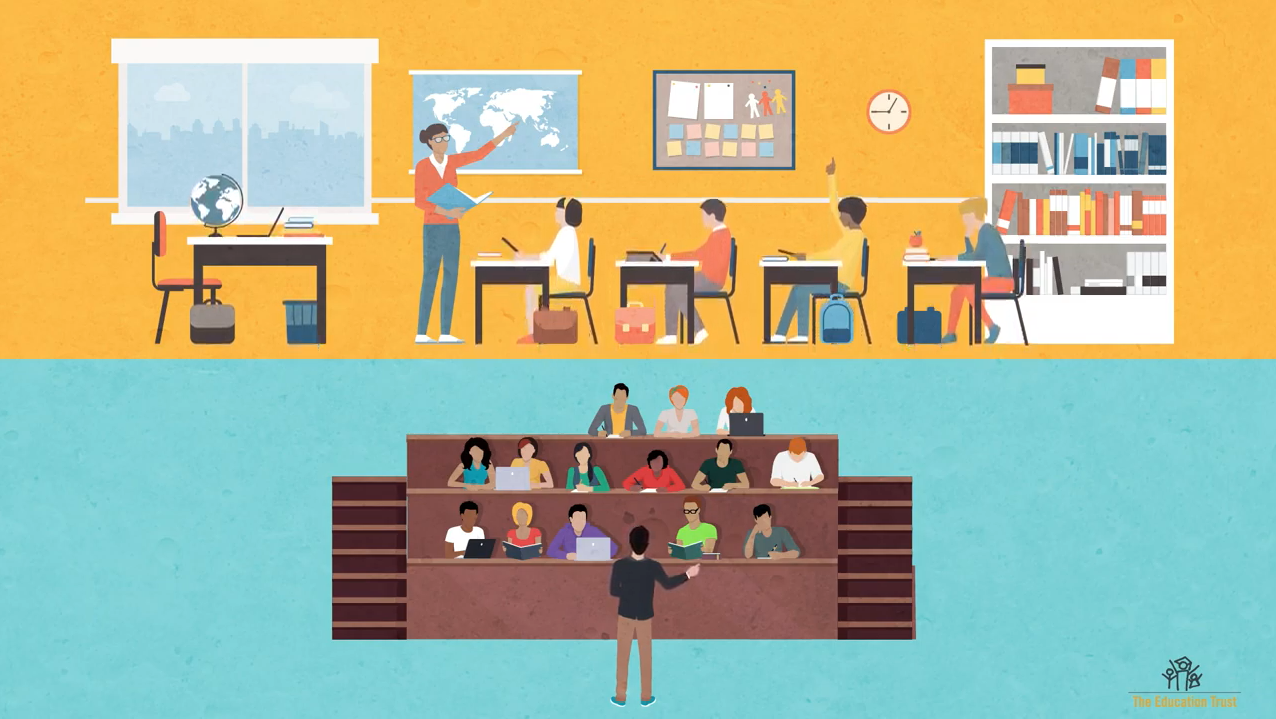It is safe to say that COVID-19 gave 2020 a tumultuous start. It disposed of the hopeful nature that follows the beginning of any new year and left the entire world uncertain about what awaited in the future. When the virus first started picking up in the U.S., it felt as though every day brought a new surprise. Arguably the most shocking development was the reaction of academic institutions across the country. In a blink of an eye, all public schooling and higher education went completely virtual, including Queens College. As necessary as this decision was for the wellbeing of its students and faculty, remote learning incited issues that inevitably came with the territory. The most blatant one being: academic dishonesty.
The struggle to minimize cheating and maintain academic integrity in an online class is tough. One such way is the administering of exams, which depended on the professor’s perspective of what felt appropriate, leaving every student to perceive those decisions differently. Before online exams were posted, there was a general fear amongst many students of what they would entail and whether or not it would negatively affect their final grade.
Professor Feliciano of the Economics department at QC knew that exams would be open-book, therefore she had to strategically transform the content in a way that was feasible. This meant randomizing the questions, ensuring the exam was timed, and that there was no option to go back on questions. Professor Feliciano believed that “those three things minimized cheating.” As a student who took her course this past semester, I do not think these actions hindered my ability to do well, as the number of questions and the time limit was reasonable.
The choices that this professor made was not an anomaly, as others in departments across the school did the same. That being said, the power given in administering exams could also be weaponized.
Shazna Olid, a senior studying Psychology, found the structure of online exams to be gruesome for her science classes. “One of my professors made the test extremely short: 60 mins for 60 questions, which essentially hurt people who rely on the scantron system of skipping the hard questions to come back to later.” Even though Shazna had studied hard for those exams, the system designed to prevent cheating was simply preventing her from passing regardless of the effort she put in.
There were also professors who opted out of providing multiple-choice exams and replaced them with writing assignments that would force students to learn the material and apply it as necessary. Shazna had a professor who turned a final, which was worth a significant portion of her grade, into short responses. This was particularly tricky because “the professor would normally provide past examples to prepare for an exam, but this time students were given no prior material to study from as it was a new venture.” Although feeling the need to switch up testing is understandable, it can take a toll on students who were not expecting such a major change spontaneously.
Although many professors made it a priority to minimize cheating, others did not. Juhura Akhi, a junior studying Speech-Language Pathology, found that none of her classes were any more difficult than usual. She is aware though that not all students can say the same. Juhura hopes that “if remote learning does carry into the Fall semester, professors are mindful of students who may have difficulties with a method of schooling they did not sign up for.”
Professors have an obligation to not let students off scot-free from truly absorbing the material in the manner they are meant to, but it’s also crucial they understand the struggles that come with online learning. Not all students are afforded a safe and peaceful environment to work from, and not all students are able to immediately adjust to a new format of exams, especially if it is objectively harder. It’s all about a delicate balance of being both realistic and disciplinary. If professors can find a middle ground, then future semesters (that may potentially be online) will hopefully run far more smoothly.














